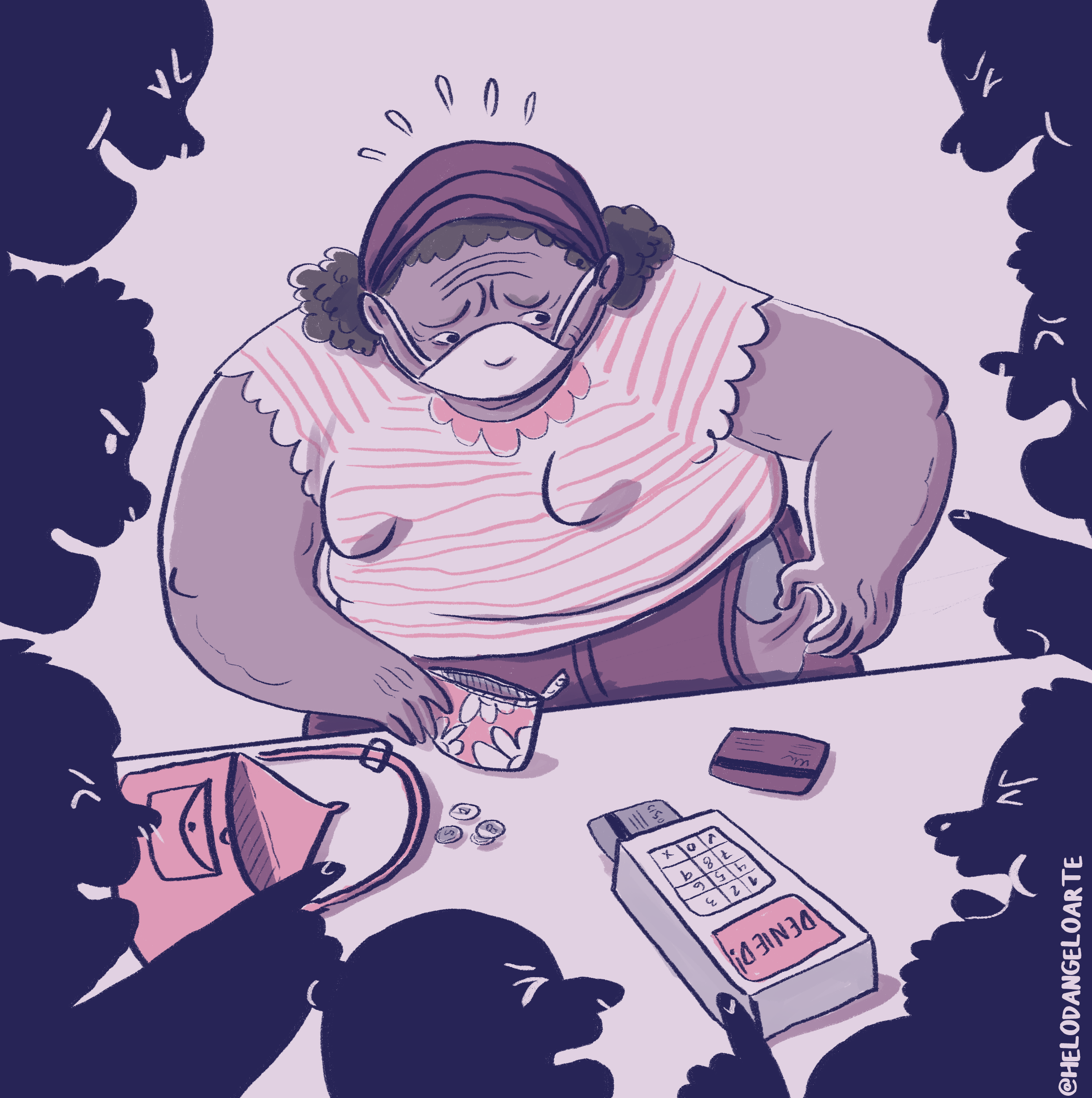Although it is not an argument we see very often, inequality between countries in the global South and North is a structural geopolitical aspect that greatly contributes to gender-based violence.
Even before the pandemic, many low and middle-income countries were in a vulnerable position, with slow economic growth and public and foreign debt at record high levels. The Covid-19 crisis has worsened this situation. According to the World Bank, the external debt of low-income countries has grown by 12% to a record $860 billion in 2020.
These are the same countries that face the biggest obstacles in accessing vaccines, and without vaccines, their economies have remained stagnant for the past two years. Despite this dramatic configuration, Big Pharma still aims to profit the most it can from the pandemic, strong-arming governments into accepting their steep contractual terms as widely reported in the media.
In this scenario of protracted economic fragility and artificial vaccine scarcity, women are by far the most affected. More than half of the 453 million people who could be thrown into poverty by 2030 are women. They also occupy the majority of jobs in the informal market and are more exposed to economic contractions. This context contributes to women and girls having less autonomy and being more vulnerable to violence from their partners, family members and police.
On the 16 days of activism inspired by the International Day for the Elimination of Violence Against Women, the #Fem4PeoplesVaccine campaign has partnered with the International Network to End Violence Against Women and Girls (#INEVAWG) to ask some important questions.
#Fem4PeoplesVaccine #GBV #IDEVAW #INEVAWG

